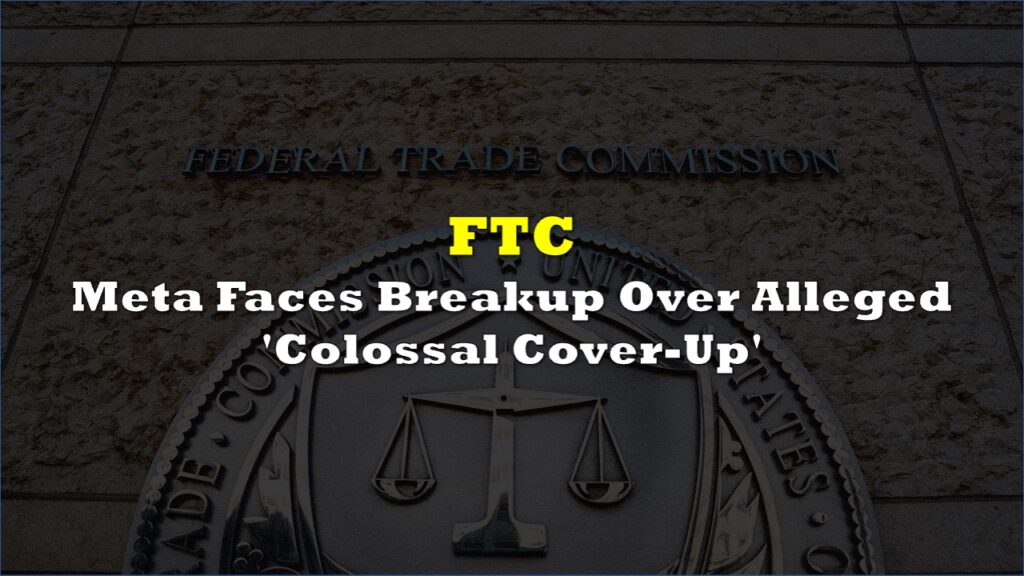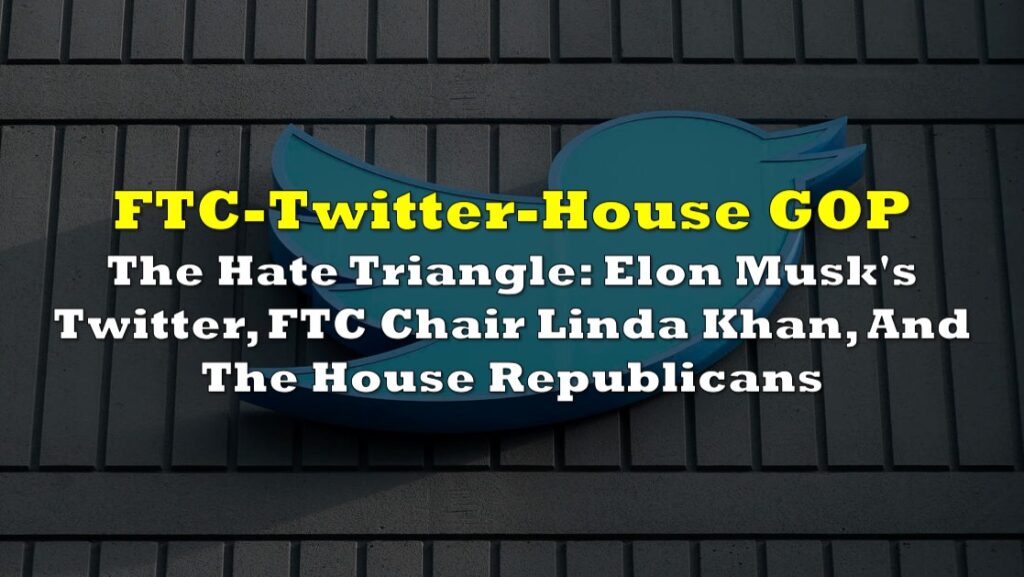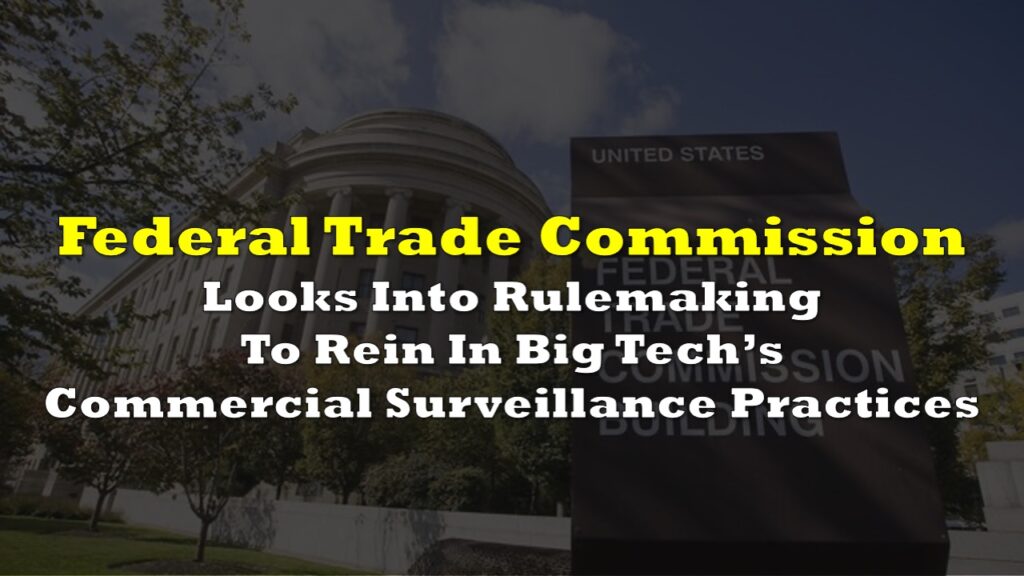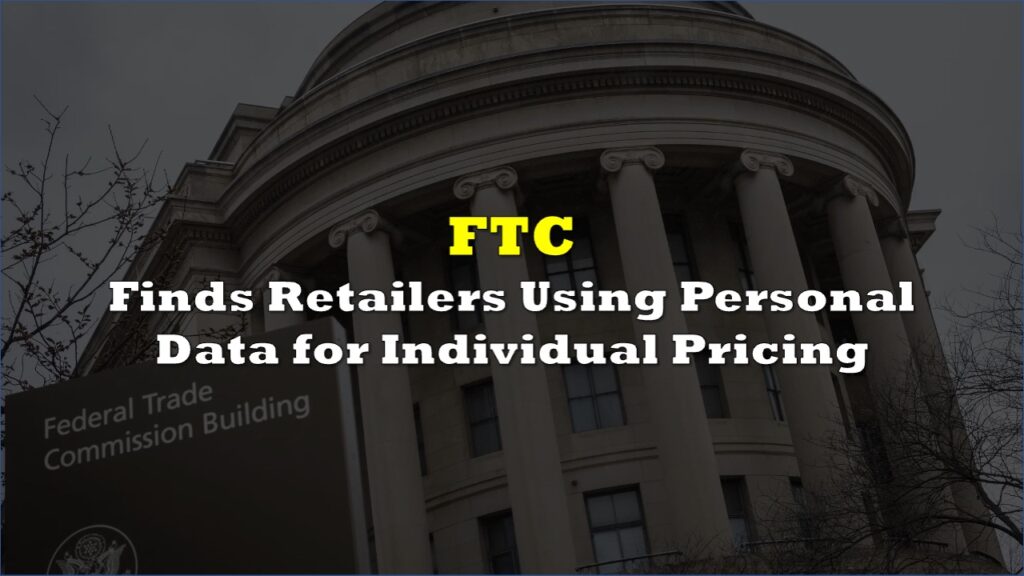In a landmark decision, Judge Ada Brown of the Northern District of Texas issued a ruling blocking the Federal Trade Commission’s (FTC) Non-Compete Rule, which aimed to make most non-compete agreements unenforceable across the country. This decision follows intense legal battles and reflects deep-seated concerns over the balance of power between federal agencies and the limits of their authority.
The FTC’s Non-Compete Rule, introduced in January 2023 and finalized in April 2024, sought to address the widespread use of non-compete agreements in employment contracts. These agreements, which prevent employees from working with competitors or starting a similar business after leaving a company, are pervasive across many industries.
The FTC estimated that approximately one in five American workers—around 30 million people—were subject to non-compete clauses.
The rule was designed to prohibit employers from entering into or enforcing non-compete agreements with workers, arguing that such agreements stifled competition, suppressed wages, and limited innovation. Under the rule, employers would also have been required to rescind existing non-compete agreements by the compliance date, which was set for September 4, 2024.
The legal challenge
The rule faced immediate legal challenges. Ryan LLC, supported by several prominent business organizations including the U.S. Chamber of Commerce and the Texas Association of Business, filed a lawsuit claiming that the FTC had overstepped its authority. They argued that the FTC’s actions were not only unconstitutional but also arbitrary and capricious.
Judge Brown’s ruling agreed with these arguments. She found that the FTC had exceeded its statutory authority under the Federal Trade Commission Act (FTC Act) by attempting to create substantive rules that went beyond the agency’s mandate.
Specifically, the court concluded that the FTC’s interpretation of its rulemaking powers under Section 6(g) of the FTC Act was overly broad and that Congress had not granted the agency the authority to enact such sweeping regulations.
The court emphasized that historically, the FTC had regulated non-compete agreements on a case-by-case basis through adjudication, not through broad rulemaking. Judge Brown noted that the FTC’s evidence supporting the rule was flawed, as it relied on studies comparing state-level non-compete laws that did not justify a nationwide ban.
She ruled that the FTC’s one-size-fits-all approach was arbitrary and capricious, failing to consider less disruptive alternatives that might have achieved the same goals with fewer negative impacts.
The decision
The decision to block the FTC’s rule has broad implications. For workers, it means that non-compete agreements remain enforceable, subject to state laws and regulations. This ruling preserves the status quo, where states have varying degrees of restrictions on non-compete clauses.
For the FTC, the ruling is a significant setback in its efforts to regulate labor practices more aggressively. It also raises questions about the agency’s future rulemaking authority. The decision may lead to more challenges against the FTC’s powers, particularly when it attempts to regulate competition in ways that some argue exceed its statutory authority.
The ruling also has broader implications for administrative law, particularly concerning the limits of agency power. Judge Brown’s decision reinforces the principle that federal agencies must operate within the bounds of authority granted by Congress. This decision is likely to influence how other courts interpret the powers of federal agencies in future cases, potentially curbing expansive regulatory actions.
Information for this story was found via the sources and companies mentioned. The author has no securities or affiliations related to the organizations discussed. Not a recommendation to buy or sell. Always do additional research and consult a professional before purchasing a security. The author holds no licenses.









